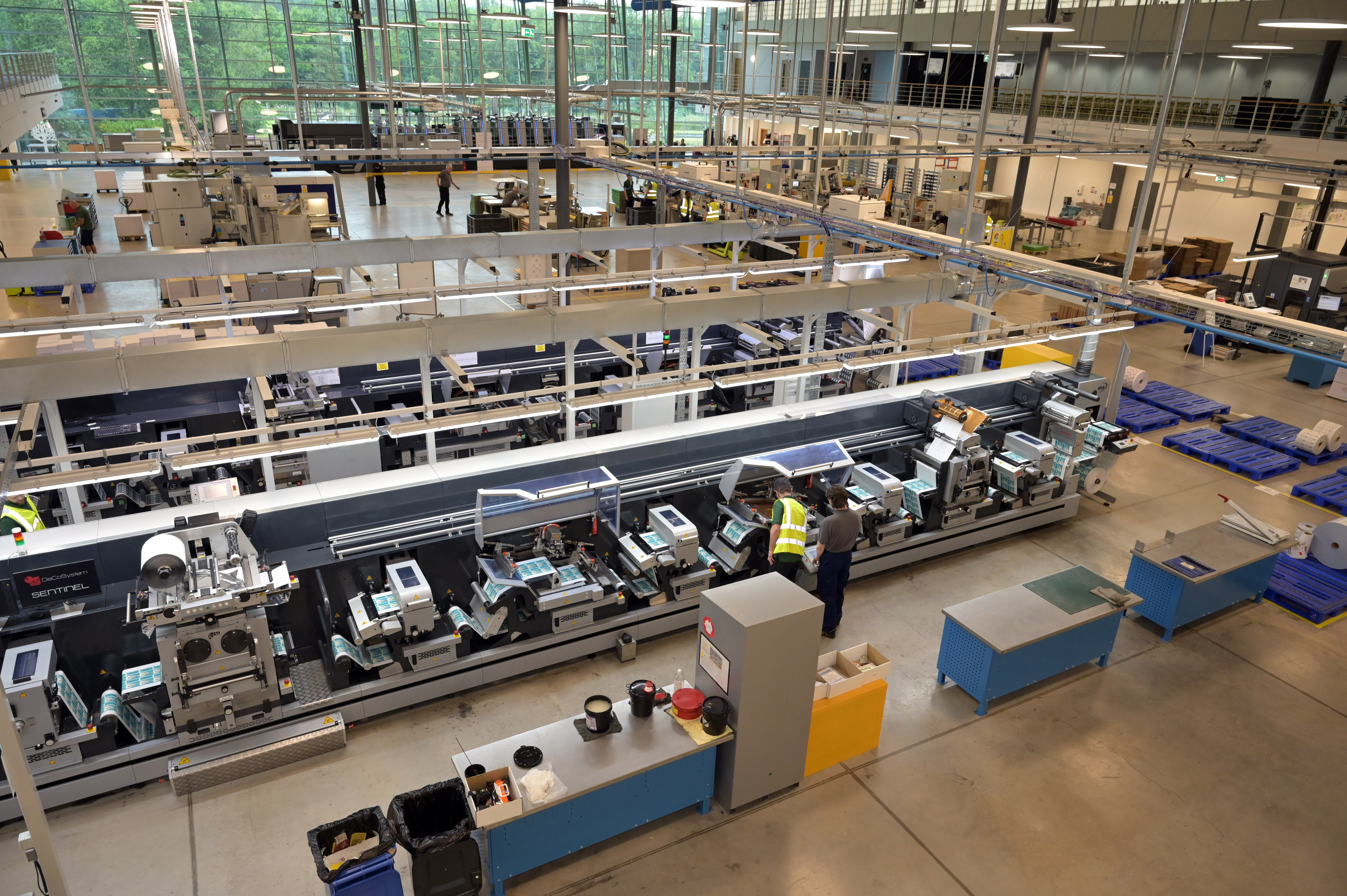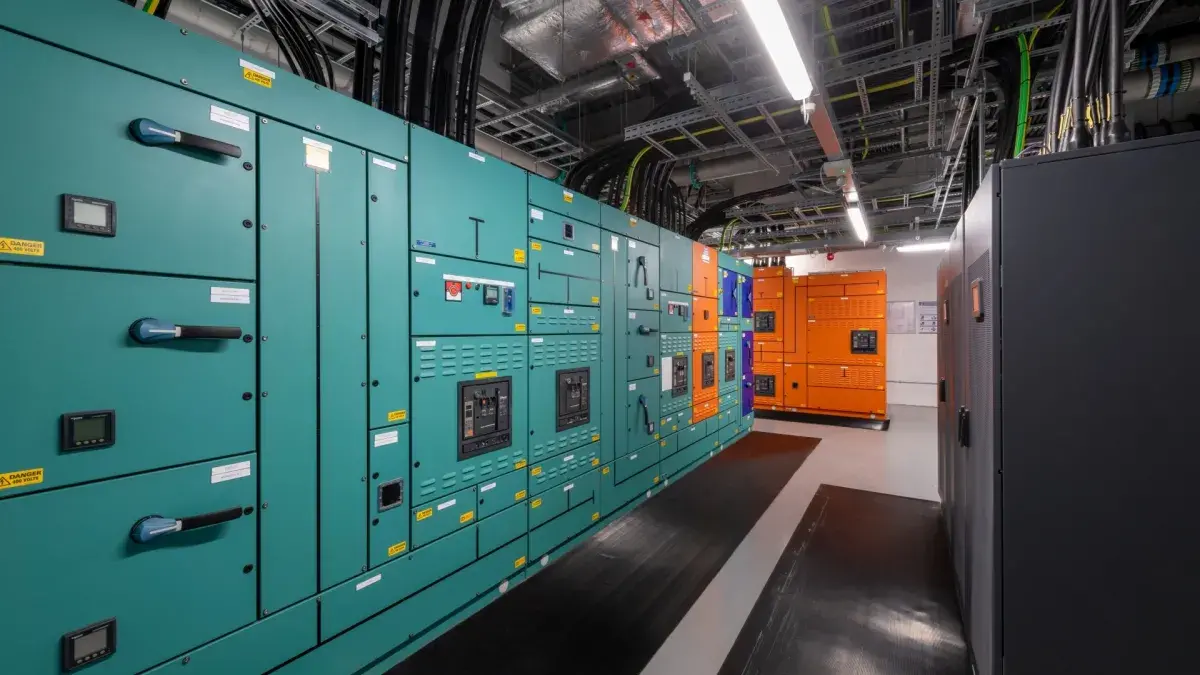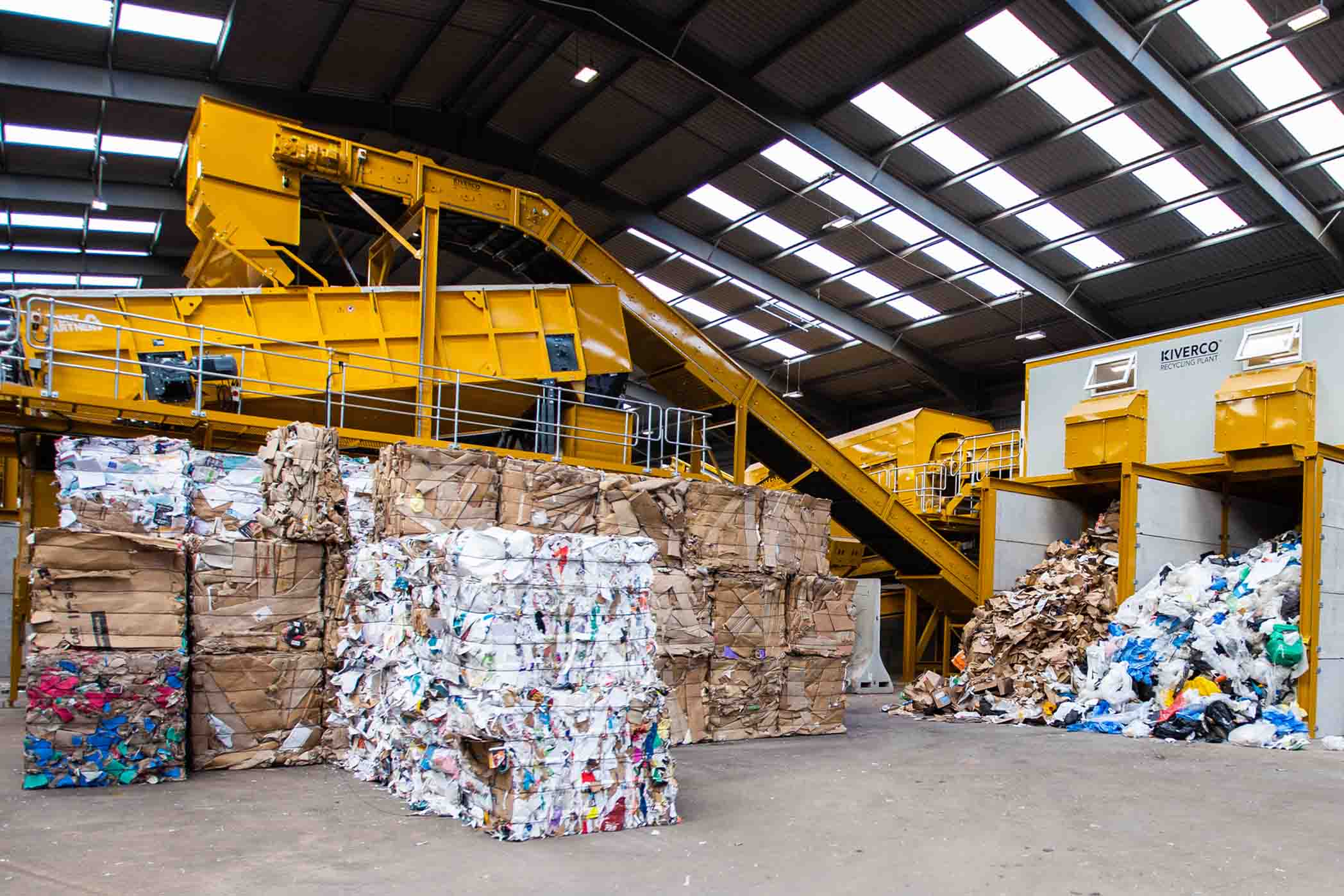How do you assess Latvia’s ICT sector?

Latvia has one of the best networks worldwide and probably the best in the European Union. Taking advantage of this, and the qualified labor, many multinationals moved their back offices, call centers, IT centers and even head offices to Lithuania and Latvia. Western Union, Swedbank, and even Barclays have moved operations to the Baltics.
Latvia has one of the best networks worldwide and probably the best in the European Union. We have superior network quality. However, we also have a low share of wallet (SOW). When the Latvian economy’s GDP grew at rates of 4-5% GDP annually after the crises in 2008, the telecommunications sector was in a downturn. GDP growth did not translate into disposable income and consumer demand.
Mobile spending worldwide concerning SOW is between 2-3%. This was true in Latvia before crises in 2008 at around 2%, however, two years ago we were at 0.6%, and today it might represent 1%. The sector is recovering and growing fast yet still far behind of what it should be.
The telecom industry is now coming back to where it should be and growing at high single digits for three years in a row, starting in 2015. Bite in particular has grown in double digits for three years in a row.
Today the economy is growing at a slow pace. However disposable income is booming, and people are buying smartphones, tablets and other smart devices in the telecom space. We have a very interesting phenomenon in Latvia at the moment. We call it the tablet revolution. We are selling more tablets than telephones in the country. On average the price of smartphones and other devices people are requesting to buy has tripled over the past four years. This gives us confidence in the growth capabilities of the sector.
How fast is data usage growing in the Baltic States?
Sixty percent of customers are using smartphones, and tablets purchases are booming. Last year data usage grew 400% in a single year. This year it will grow at a similar pace, and I don’t think it will slow down. Video consumption is 60-80% percent of the total load. Consumption of data and the load on the network is growing exponentially, and we have to be innovative to meet this demand. Soon we will likely need to have cache servers at every base station. This can improve the customers experience tangibly in combination with growing demand.
How do you assess market competition?
Competition is very tough in the Latvia market. Our network is one of the best in the European Union, but our competitors’ networks are of similar quality. It is very difficult because there is no differentiation in network quality anymore. Everybody has a super network. Bite is the customer service champion in the sector while Tele2 clearly positioned itself as a discount telecom carrier and LMT as the technology leader. We believe that we need to differentiate ourselves through the delivery of sophisticated services to a scalable audience.
How do you see the telecommunications sector evolving?
The business will become more complex in the next five years. Voice and text was a commodity fifteen years ago, and margins declined rapidly. Now the data business is on the rise, but at some point will follow the same trend. We don’t want to make the same mistakes, and we need to position ourselves to be able to provide services to customers on top of just mobile signal transmission. This can be a variety of things, and we are experimenting with several today. Some ideas are the electronic signature, banking payments, virtual bank, content proposition, smart hospitals, smart metering, smart monitoring. Over time we will probably increase the number of products available to clients thereby helping develop the sector further.
























